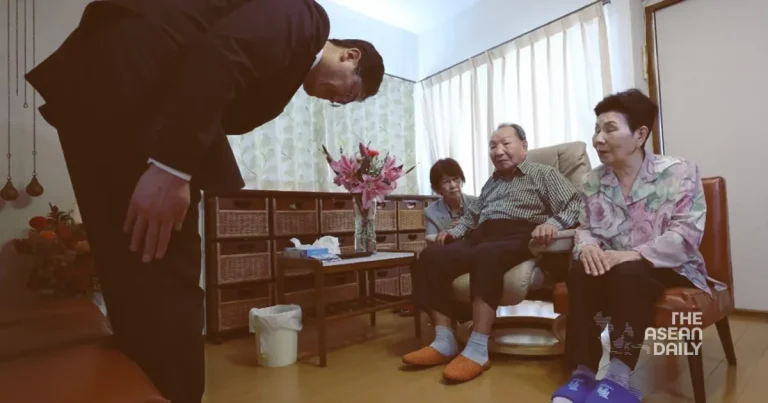22-10-2024 (TOKYO) A high-ranking police official has formally apologised to Iwao Hakamada, an 88-year-old man who spent nearly six decades fighting a wrongful conviction that had placed him on death row.
Shizuoka Prefectural Police Chief Takayoshi Tsuda made the extraordinary gesture on Monday, visiting Hakamada at his home to deliver a personal apology for the grave miscarriage of justice that had derailed the former boxer’s life.
“We are sorry to have caused you unspeakable mental distress and burden for as long as 58 years from the time of the arrest until the acquittal was finalised,” Tsuda said, bowing deeply before Hakamada. “We are terribly sorry.”
Japonya’da 57 yıldır idam cezasının infaz edilmesini bekleyen Iwao Hakamada’nın suçsuz olduğu ortaya çıktı.
Emniyet müdürü, yıllarca suçsuz yere idam edilmeyi bekleyen 88 yaşındaki Hakamada’dan özür dilemek için önünde eğildi.pic.twitter.com/ELaod2rO9e
— Havadis (@havadiscom) October 21, 2024
The apology comes in the wake of Hakamada’s acquittal by the Shizuoka District Court last month. The court’s ruling was damning, stating that police and prosecutors had colluded to fabricate and plant evidence against Hakamada, subjecting him to violent, prolonged interrogations to extract a false confession.
Hakamada’s case dates back to 1966 when he was arrested for the murder of an executive at a miso bean paste company and three of his family members in Hamamatsu. Initially sentenced to death in 1968, Hakamada’s execution was repeatedly delayed due to Japan’s lengthy appeal and retrial processes.
The gravity of the injustice is underscored by the fact that Hakamada became the world’s longest-serving death row prisoner. It wasn’t until 2014 that a court ordered his release from solitary confinement, though his conviction remained intact pending retrial.
The final vindication came earlier this month when prosecutors, despite expressing disagreement with the ruling, waived their right to appeal, effectively ending Hakamada’s gruelling 58-year battle to prove his innocence.
During the poignant meeting, Hakamada, whose mental faculties have been severely impacted by his decades of confinement, responded to the police chief’s apology with a cryptic statement about the nature of authority. His 91-year-old sister Hideko, who has steadfastly supported her brother throughout his ordeal, expressed gratitude for the visit, viewing it as an opportunity for her brother to make a clean break from his past as a death row inmate.
The case has ignited calls for sweeping reforms in Japan’s criminal justice system. Advocates are demanding greater transparency in investigations, lower barriers for retrials, and a renewed debate on the country’s continued use of capital punishment.
Hakamada’s acquittal marks only the fifth instance in post-war Japan where a death row inmate has been exonerated through retrial, highlighting the rarity and difficulty of overturning wrongful convictions in the country.




